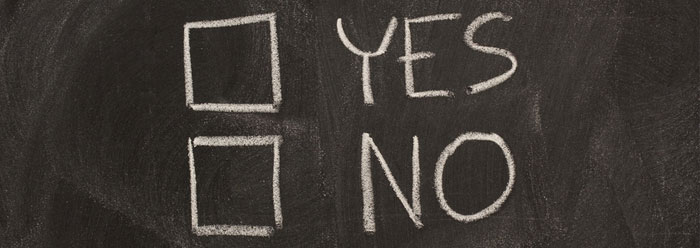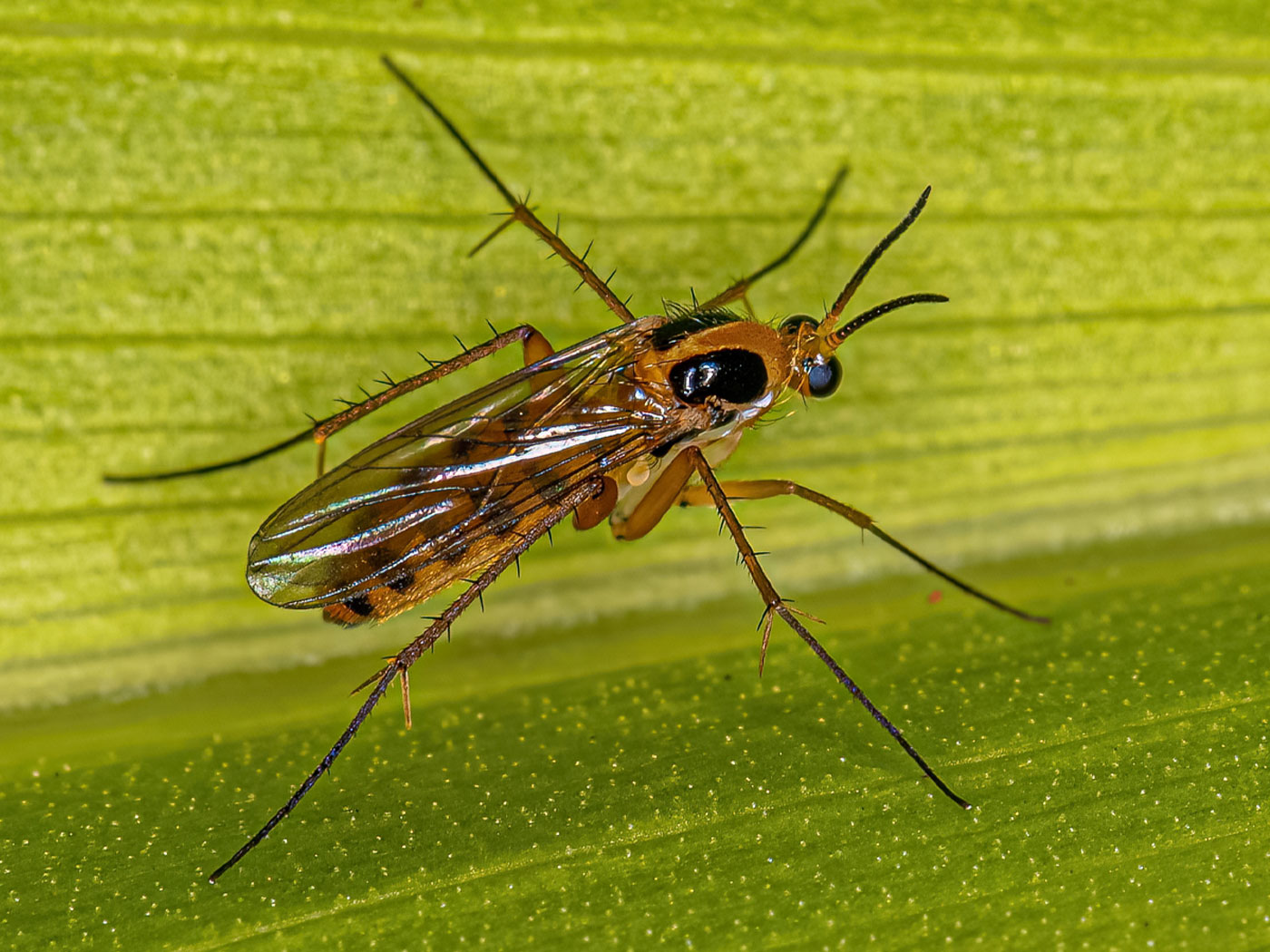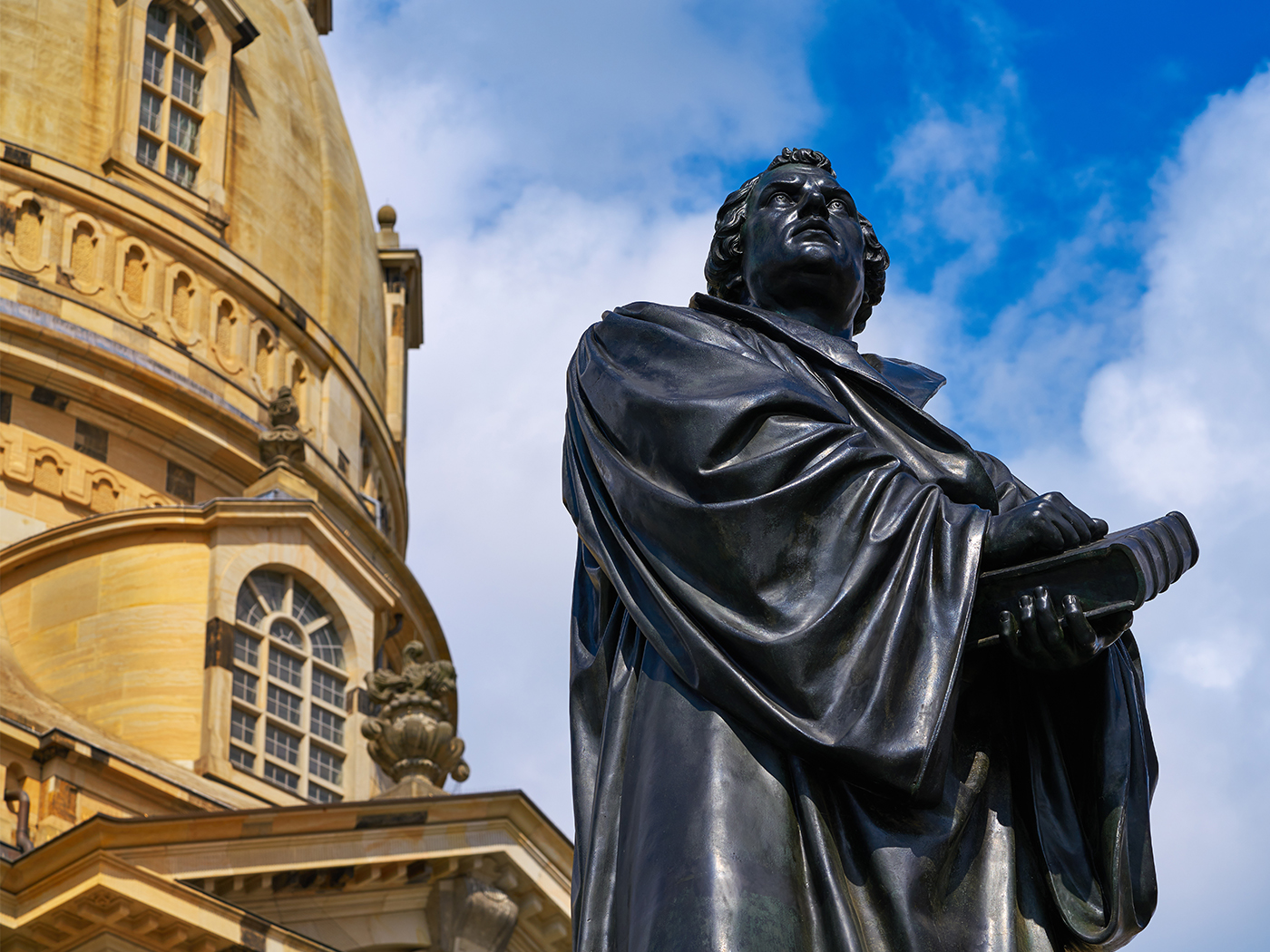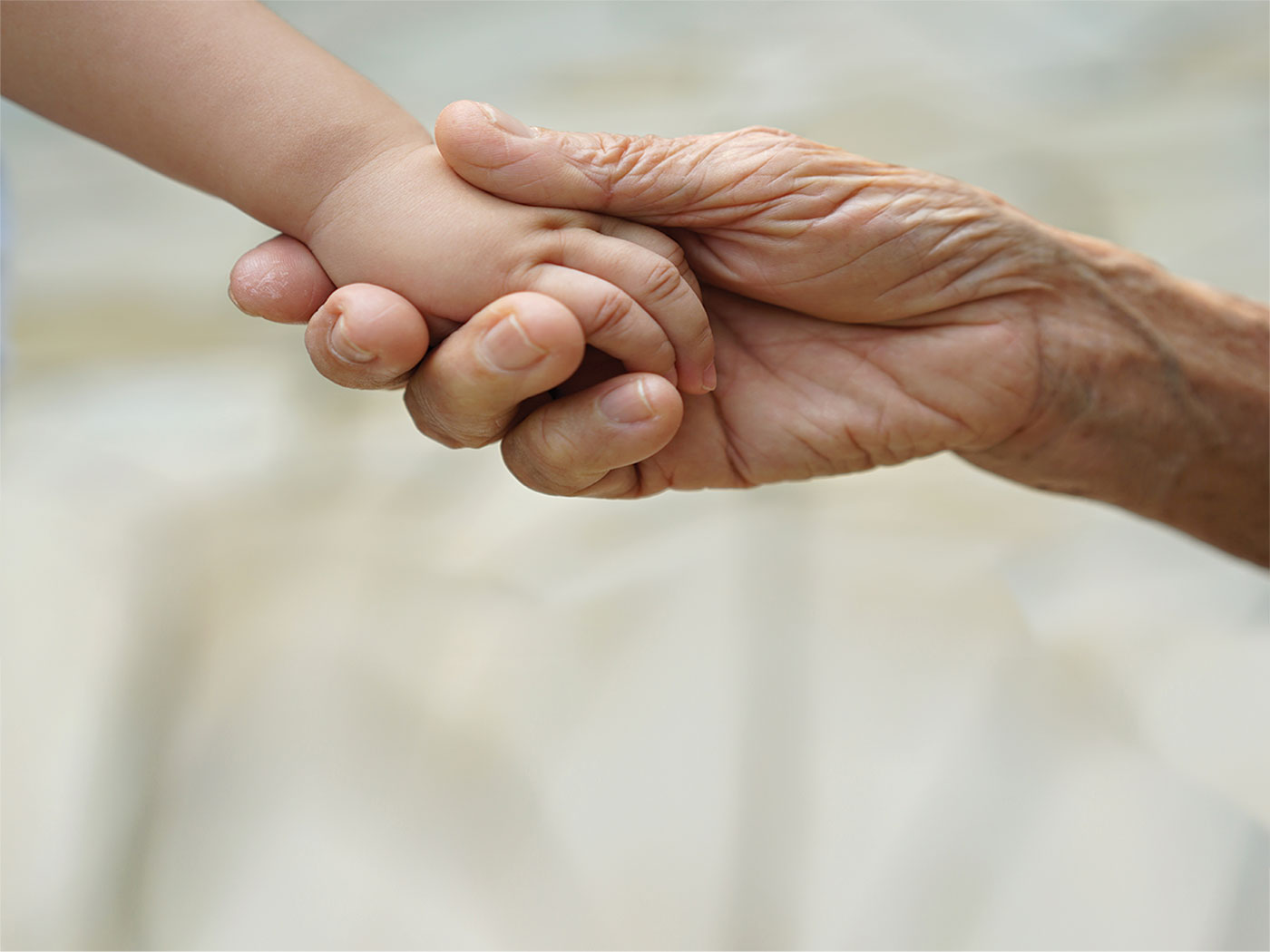Even two centuries after his birth, less than 40 percent of Americans believe in Charles Darwin’s theory of evolution by means of natural selection, a recent poll found.
The Gallup survey, released on Darwin’s 200th birthday, involved over 1,000 adults. When asked, “Do you, personally, believe in the theory of evolution, do you not believe in evolution, or don’t you have an opinion either way,” 39 percent answered yes to belief in evolution, a quarter said no to belief in evolution, 36 percent didn’t have an opinion, and one percent did not answer.
Those with high-school educations or less are much more likely to have no opinion than are those who have more formal education. Still, among those with high-school educations or less who have an opinion on Darwin’s theory, more say they do not believe in evolution than say they believe in it. For all other groups, and in particular those who have at least a college degree, belief is significantly higher than nonbelief.1
Since “belief” in evolution coincides with higher degrees of education according to the poll, evolution adherents would interpret the data as indicating that less educated people don’t believe in evolution. However, this interpretation doesn’t acknowledge that evolution is the only origins theory taught in most taxpayer-funded school systems. If students are getting only one side of the story and have to accept that one side to make the grade, guess what they’re going to grow up to believe?
“Americans who seldom or never attend church are slightly, but not overwhelmingly, more likely to correctly identify Darwin with this theory than are those who attend more often,” the Gallup report stated. “Correctly identifying the theory of evolution with Darwin is related to belief in the theory, but 29% of those who correctly link the two still say they do not believe in evolution.”1
In other words, church attendance does not coincide with ignorance of Darwinian evolution, but there was a distinct correlation between church attendance and belief in evolution. Twenty-four percent of people who attend church weekly believed in evolution while 41 percent did not. Of those who said they seldom or never attend church, 55 percent said they believe in evolution and 11 percent said they did not.
[I]t is perhaps dismaying to scientists who study and respect [Darwin’s] work to see that well less than half of Americans today say they believe in the theory of evolution, and that just 55% can associate the man with his theory…. Still, the evidence is clear that even to this day, Americans’ religious beliefs are a significant predictor of their attitudes toward Darwin’s theory. Those who attend church most often are the least likely to believe in evolution, and most likely to say they do not believe in it.1
But it’s not all bad news for the Darwinists. The Gallup poll shows America’s ongoing loss of its Christian heritage and how the quality of American education has suffered for the sake of politics. As public and higher education becomes ever more secularized and censored by special interest groups,2 students will be even less equipped to face the daunting future that looms ahead.3
References
- Newport, F. On Darwin’s Birthday, Only 4 in 10 Believe in Evolution. Gallup News. Posted on gallup.com on February 11, 2009, accessed February 17, 2009.
- Barrick, A. Texas Board Amends Standards on Science, Evolution. The Christian Post. Posted on christianpost.com on January 23, 2009, accessed February 18, 2009.
- Hosea 4:6.
* Ms. Dao is Assistant Editor.
Article posted on February 24, 2009.




















